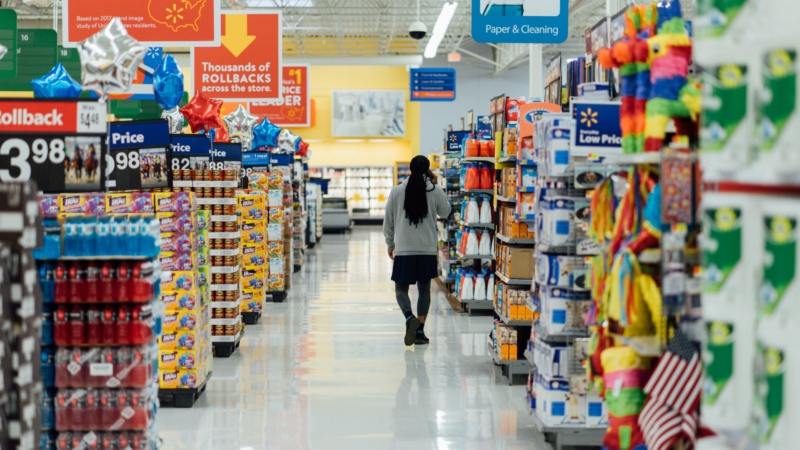Americans expect more inflation, not confident in economy
(The Center Square) – Americans expect inflation to get worse and are not confident in the U.S. economy, according to a new survey.
The Federal Reserve Bank of New York’s Center for Microeconomic Data released its “Survey of Consumer Expectations” Monday, which found Americans expect more inflation over the next year.
“The one-year ahead median inflation expectations increased from 6.3% to 6.6% in May, tying the highest reading of the series since the inception of the survey in June 2013,” the group said. “In contrast, the median three-year-ahead inflation expectations remained unchanged at 3.9%.”
The Federal Reserve study surveyed “approximately 1,300 household heads” for up to 12 months. That survey comes after the University of Michigan released its consumer confidence data Friday, which found consumer sentiment took a dive.
“Consumer sentiment declined by 14% from May, continuing a downward trend over the last year and reaching its lowest recorded value, comparable to the trough reached in the middle of the 1980 recession,” said Joanne Hsu, who directed the survey. “All components of the sentiment index fell this month, with the steepest decline in the year-ahead outlook in business conditions, down 24% from May.”
The survey found Americans are very concerned about inflation and gas prices.
“Forty-six percent of consumers attributed their negative views to inflation, up from 38% in May; this share has only been exceeded once since 1981, during the Great Recession,” Hsu said. “Overall, gas prices weighed heavily on consumers, which was no surprise given the 65 cent increase in national gas prices from last month (AAA). Half of all consumers spontaneously mentioned gas during their interviews, compared with 30% in May and only 13% a year ago.”
The survey found Americans don’t expect an improvement in the short term on gas prices, which hit another record high at $5.01 nationwide Monday.
“Consumers expect gas prices to continue to rise a median of 25 cents over the next year, more than double the May reading and the second highest since 2015,” Hsu said.




